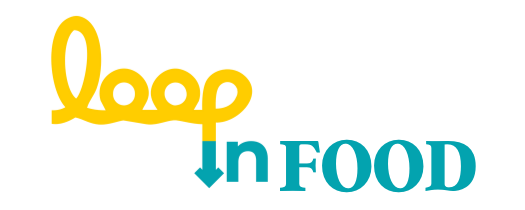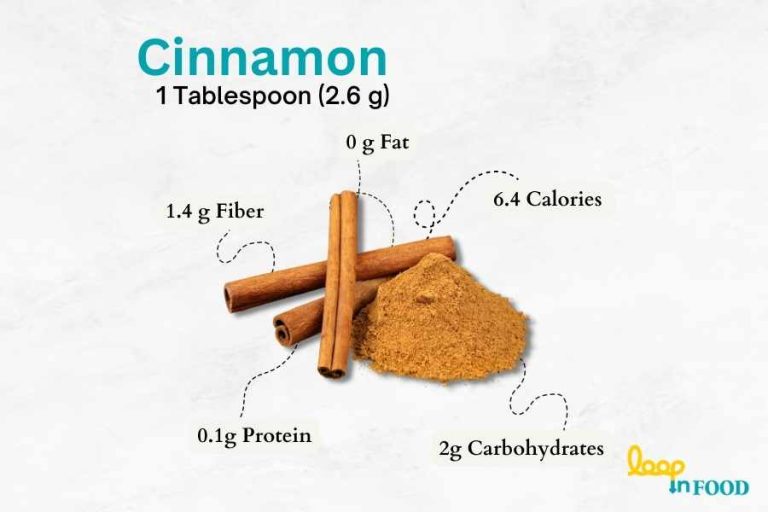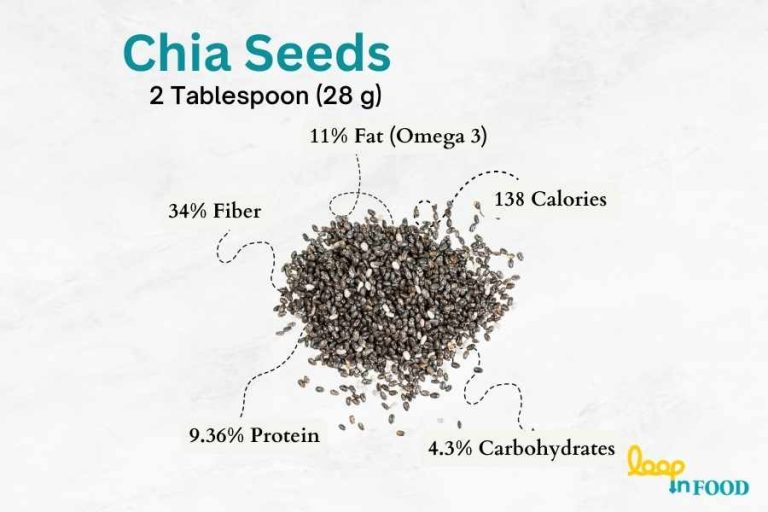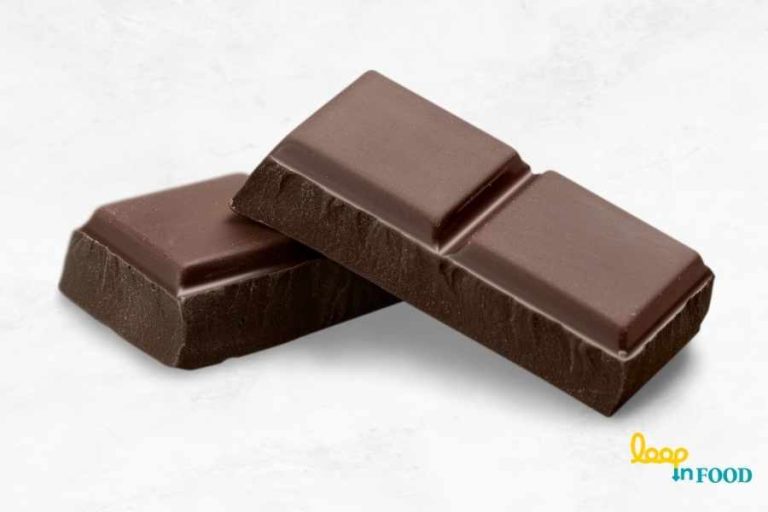How much Proteins should I eat?

How much proteins should I eat? this is a basic question every person wants to know, however, it varies person to person. Depending upon age, gender, health condition etc. It is essential to get dietary protein. As your body does not store it the way it stores carbs or fats.
Protein is an essential micronutrient, but do you know all food sources of protein are not same. Why? due to the amino acid profile they possess. Learn the basics of protein and shape your diet with healthy protein foods.
What is Complete and incomplete Protein?
Complete Protein
If protein source contain all essential amino acids, they’re considered complete protein. Mostly, we consider animal based protein as complete protein because it contain all essential amino acids.
Incomplete Protein
If few essential amino acids are present, this source is an incomplete protein. According to Harvard research, plant-based protein is incomplete as it lacks one or more essential amino acids. Those of you who are vegan or can not eat animal protein should take various plants to meet protein requirements.
Related: What are Essential Amino acids?
How much Protein do I need?
According to FDA as part of daily 2000 calories an average adult can take up to 50 grams (g) protein a day.
The Dietary guideline for American suggest following Recommended Daily Amount (RDA) by gender and age.
How much Proteins should I eat
There are many other factors like height, weight, activity level which also impact on your specific need.
The Dietary Guideline of America recommend that 10-30% for children and 10-35% for adults daily calories must come from protein.
Protein and calories
Generally, Protein is a good source of Calories, according to FDA Carbs and Protein contain 4 calories per gram however, fat contain 9 calories.
Sources of Protein
Plant-based Protein source
Take you Proteins from plant. If you only rely on plants you must take variety and large number to complete protein requirement. Also try to combine different plant sources, like legumes with rice etc. Here are some of example you can have.
1. Seeds and Nuts
Pistachios, walnuts, hazelnuts, pecans, hemp, sunflower & pumpkin seeds, flax seeds, chia, sesame seeds, cashews, almonds.
2. Legumes
Lentils, peas (snow, snap, split, etc.) soybeans (soy products, tempeh, tofu etc.) beans (black, fava, adzuki, chickpeas, lima, kidney, pinto, mung etc.) peanuts etc.
3. Whole Grains
Wild rice, Oats, Buckwheat, teff, Quinoa, Rice, Kamut, etc.
4. Vegetables and Fruits
Relatively vegetables and fruits contain low amount of protein than other plant based foods. Few examples with higher protein include broccoli, artichokes, brussels sprouts, asparagus, corn etc.
Animal based Protein
Animal tend to contain high amount of complete proteins here are some high quality protein sources from animal diet.
1. Red Meat
It is a basic source of high quality protein. It include unprocessed lamb, pork, beef, veal, mutton or goat meat. But don’t eat it too much because it contain high cholesterol etc. which can not be good for long term consumption.
When eating meat avoid eating processed meat as such food have low nutritional value. Processed foods are those which is modified to some extent (like salting, chemical treatment, curing or other processing etc.) to enhance flavor and preservation.
2. Poultry or sea food
Poultry (Turkey, duck, chicken) and other seafood variety (like crustaceans, mollusks, fish, salmon, etc.) are very good source of high quality protein. Eggs is also a good choice.
3. Dairy Source
Dairy could be a better source of protein. you can add greek yogurt, milk, or any other form to your diet once a day.
Foods high or low in Proteins
Those foods which provide 5% or less of Daily Value (DV %) are considered low in Protein.
On the Other hand, we consider high protein food which contain 20% DV or higher.






